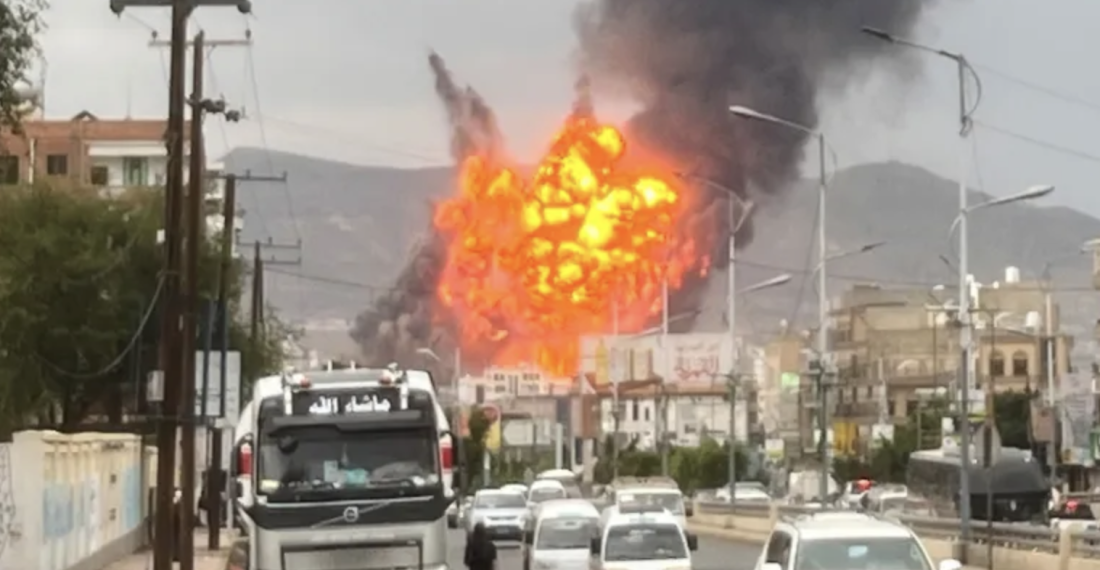On Wednesday (10 September), Israeli jets targeted Sanaa, the capital of Yemen, as well as al-Jawf province. Houthi authorities reported that there are at least 35 dead and 131 wounded, although later figures suggested 46 fatalities and 165 people injured. Strikes in Sanaa’s al-Tahrir neighbourhood damaged residential areas, a medical facility, and the national museum, while in al-Jawf, government compounds were hit. The damage to civilian infrastructure has drawn widespread condemnation, with UNESCO warning of irreparable losses to cultural heritage.
The Israeli government has defended the strikes as retaliatory measures following a drone attack by the Houthis that struck an Israeli airport earlier this week. However, the Houthis and their allies insist that Israel is disproportionately hitting civilians and vital infrastructure, acts they argue breach international law. The attacks in Yemen, in particular, have exacerbated an already dire humanitarian situation, disrupting medical services and displacing civilians in areas already devastated by years of conflict.
Israel’s attack on Yemen came amid a wider campaign of strikes that, in the last week alone, have reached six sovereign nations. On Tuesday (9 September), Israeli operations extended to Qatar, where a strike on Doha killed six people, including a Qatari security officer. Israel claimed the target was a Hamas leadership compound, while Qatar accused Israel of violating its sovereignty and called for a collective regional response. The UN Security Council released on Thursday (11 September) a statement agreed upon by all 15 members, including the United States, condemning the strike on Qatar but without mentioning Israel.
On Monday (8 September), Lebanon reported strikes in the Bekaa and Hermel districts, where Israeli forces said they targeted Hezbollah weapons depots, leaving at least five people dead. Syria and Tunisia also came under attack earlier this week, with Israel framing the operations as part of a campaign against groups aligned with Iran and Hamas. Israel continues to attack Gaza, targeting high-rise residential buildings in Gaza City. The Palestinian Ministry of Health reported on Wednesday (10 September) that at least 64,656 people have been confirmed dead, of whom at least 404 have died from starvation, while thousands of others remain buried under rubble.
As the conflict continues to spread, international concern is mounting over both the humanitarian consequences and the implications for regional stability. While appeals for stronger diplomatic efforts continue to grow, the conflict is moving towards deeper entanglement across the Middle East, with civilians once again paying the highest price.






